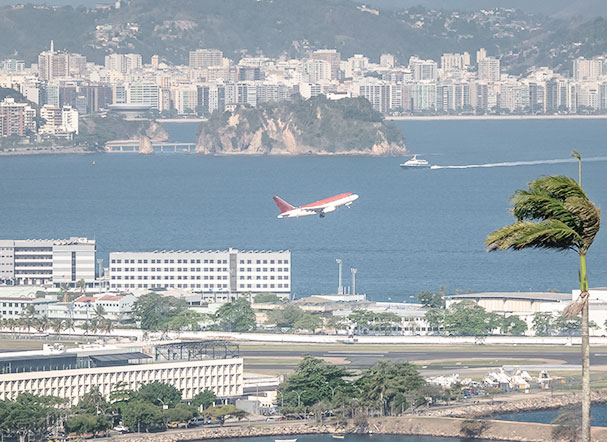
Anac publishes a revised draft notice with a new configuration to avoid predatory competition between the two largest airports in Rio de Janeiro.

New law brings measures in that aim to expand the offer of cabotage in Brazil, improve the quality of service, foster competition, and encourage the development of the naval industry.

Simplification of the operation of international air transport services should attract new investments for the sector and has the potential to promote the entry of new airlines into the market, increasing competition and the provision of services.
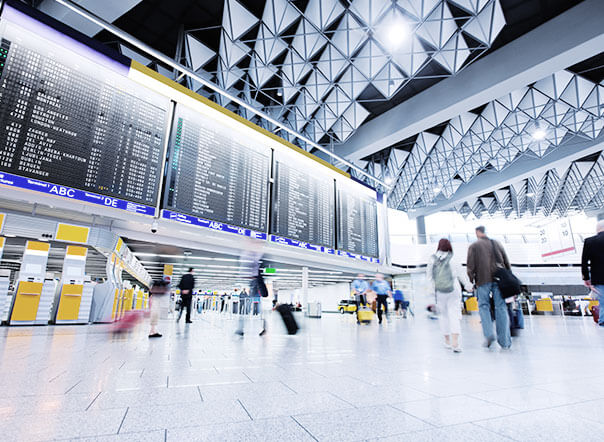
The regulatory agency intends to regulate the assignment and exchange of airport slots, currently prohibited by Resolution 338/21.

Supplementary Instruction 91-013 defines ANAC's authorization process for air operators interested in providing the service, in addition to establishing deadlines and detailing the required documentation.

Inclusion of some topics in the Assignment Manual prepared by the agency itself would be the simplest way to make the regulation more accurate.

Airports in São Paulo, Rio de Janeiro, and Belém head the three blocks formed for the auction of 16 terminals. Expected investments exceed BRL 8 billion in 30 years of the concession.

Several standards have been enacted to increase requirements and oversight of dam safety.
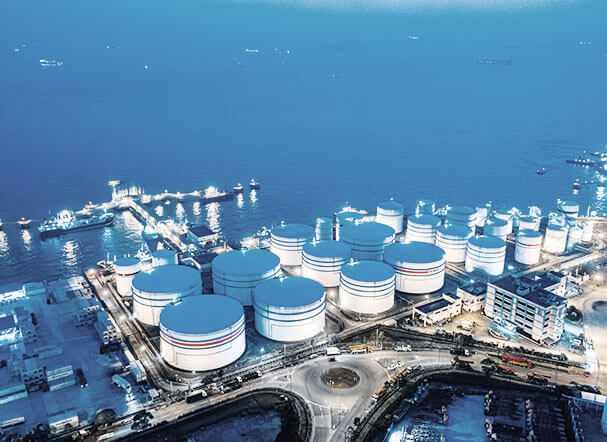
Normative Ordinance 19/GM/MME/2021 regulates the classification of pipeline projects in the oil, natural gas, and biofuels sector and infrastructure projects for the production and processing of natural gas in the Reidi. Compare the changes between the new standard and the previous ordinances.

The need to deal with different state regulatory regimes, in addition to federal regulations, is one of various obstacles agents face.

CREG's competencies and operating rules to ensure a sufficient volume of water in the reservoirs and adequate electricity generation in Brazil.
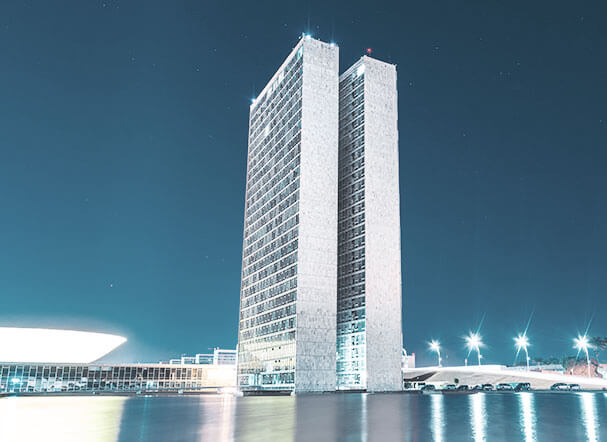
Approval of bill represents an important step in the consolidation and modernization of the regulation of this activity in the country, brings more legal certainty and can help boost investments in the sector.

Applied methodology uses economic, financial, and transactional data to define indicators that allow a better evaluation of voluntarily registered participants, especially in relation to potential loss in their portfolios.
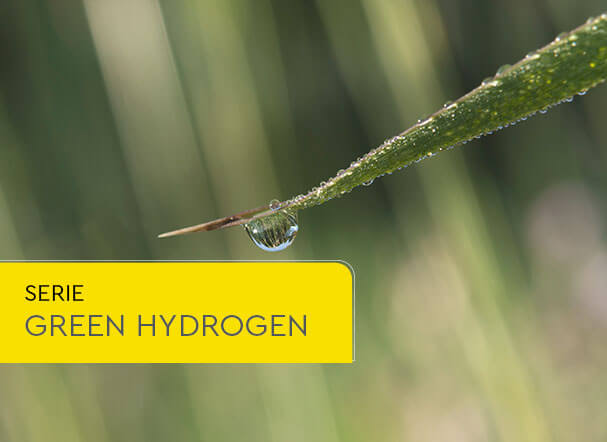
Brazil sees the emergence of the first local productive agglomerations aimed at the production, distribution, and export of green hydrogen. In this article, we discuss which public and private mechanisms can support and encourage the production and marketing of this fuel.
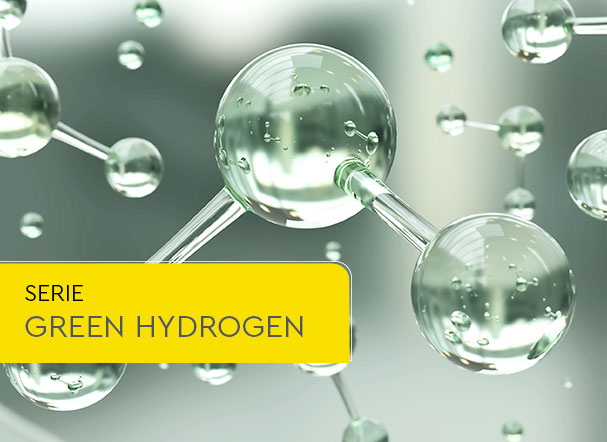
Brazil has the potential to become one of the largest producers and exporters of green hydrogen. In this article, we discuss policies and incentives that can stimulate the growth of this market in an orderly manner.